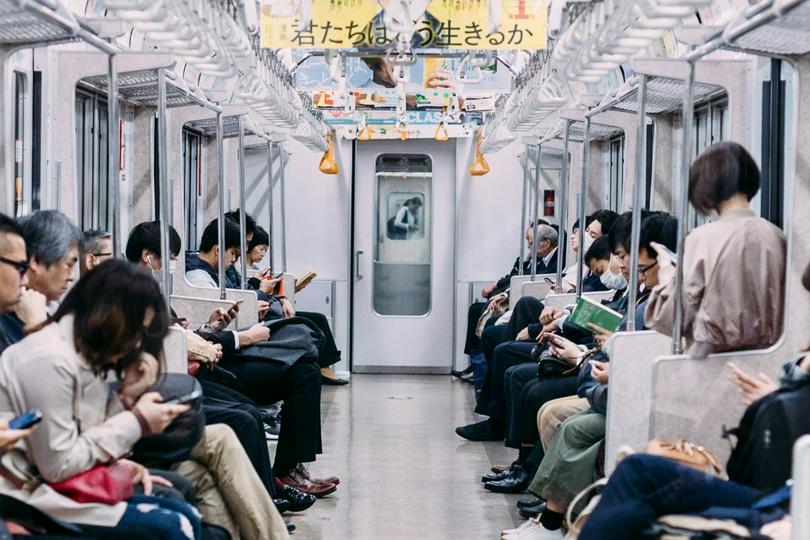Japan has long been recognized as "hard soil" for the gospel and a "graveyard" for missionaries. Recently, Pastor Liu, a missionary from Japan, gave a lecture, hoping that more Christians would participate in cross-cultural missions, especially in Japan.
Pastor Liu elaborated that Christianity in Japan has experienced several revivals in the past. Christian missionary work in Japan began in 1506 when the Western missionary Francis Xavier arrived. The history of Christianity in Japan is closely tied to three historical figures: Oda Nobunaga, Toyotomi Hideyoshi, and Tokugawa Ieyasu. These three warlords, known as the "Three Great Unifiers of Japan," contributed to the unification of the country.
Oda Nobunaga was very welcoming to Western missionaries because he saw open policies as a rapid way to develop Japan's economy. During his time, many powerful and influential people in Japan converted to Christianity. However, due to political concerns, Toyotomi Hideyoshi later became wary of Christianity, fearing it could become a tool for Western invasion, and thus began persecuting Christians. Under Tokugawa Ieyasu's rule, the persecution of Christians became even more severe. The Tokugawa shogunate ruled Japan for 200 years, during which an estimated 300,000 to 500,000 Christians were killed. For over 260 years, Japan maintained a strict ban on Christianity, eventually making it completely illegal.
Pastor Liu said, "During the Meiji Restoration, many Japanese Christians went to churches. Even though Christianity had been banned for over 200 years, underground Christians continued to pass down their faith orally, memorizing scriptures and sharing them with each other. This shows that Christianity in Japan saw a revival in the past."
Today, there are about 4,000 Christian religious organizations in Japan, while Shinto religious organizations exceed 84,000 and Buddhist religious organizations surpass 76,000.
Pastor Liu explained, "There are about 8,000 churches in Japan, but each of the other major religions has over 10,000 worshiping venues. Many people visit shrines to pray for blessings and peace. The Japanese have a religious path throughout their lives—they go to shrines when they are born, get married in churches, and have funerals in Buddhist temples. No matter where they are, Japanese people tend to pray, reflecting a form of pantheism."
Japanese people are known for their indirect way of speaking. They rarely give direct answers and often beat around the bush. Sometimes, they never reach a clear conclusion. This indirectness also affects evangelism in Japan, so that they neither outright reject the gospel nor fully believe in it.
"Japan has excellent customer service. When dining, waiters often kneel while attending to customers, giving an impression of humility. However, Japanese people are actually very proud," Pastor Liu said. "They have great confidence in their technology. Their products and machinery are of high quality. This national pride becomes a barrier to accepting the gospel."
Japan also faces a serious aging crisis. There are approximately 8,000 churches in Japan, but each typically has only a dozen members. Due to cultural reasons, most Japanese Christians do not invite others to church.
Pastor Liu continued, "The average age of believers is between 60 and 80. Because both pastors and congregants are aging, some scholars predict that in 15 to 20 years, 4,000 churches in Japan will disappear. Some pastors will even have no congregation at all because many elderly believers will pass away."
"Today, Japanese churches are in a crisis. The proportion of Christians in Japan is only between 0.3% and 0.8%, meaning Japan remains an unreached people group for the gospel."
In addition to aging congregations, Japanese churches also face formalized worship. Christians in Japan are very quiet, so church services rarely include praises or prayers in high volumes. Another challenge is financial support because many pastors struggle with financial difficulties and must find a job to sustain themselves.
The 2024 Lausanne Report from Incheon, South Korea, noted that between 2020 and 2024, the global number of non-Christians increased by 278 million, while the number of Christians only grew by 110 million. This shows that missionary work is significantly lagging.
According to data from the Joshua Project, the gospel has reached 4.57 billion people worldwide, but 3.34 billion people remain unreached, meaning that 40% of the world's population has never heard the gospel. If each ethnic group were to have at least one cross-cultural missionary for every 10,000 people, at least 300,000 more missionaries would be needed.
Pastor Liu urged Christians, "Many believers overlook Japan in missions because of a misunderstanding. They think missions should focus on poor countries. However, Japan is a developed country, so why does it need missionaries? We must change our mindset. Missions require new approaches and strategies. There are still 40% of the world's population who have never heard the gospel, and 97% of missionaries are not being sent to the unreached areas. Japan is one of these unreached nations."
Finally, Pastor Liu made an appeal: "Faced with the great need for 300,000 more missionaries, what can we do? We are not all preachers, but we are all called to share the gospel. We are not all missionaries, but we are all called to do missionary work."
- Translated by Charlie Li












